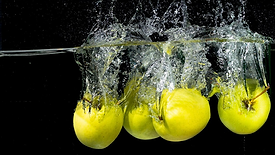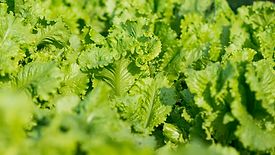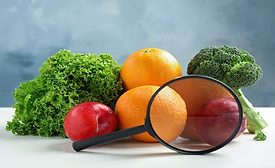Produce
Does Entry Into Dormant States During Cold Storage Impact Health Risk From E. coli O157:H7 on Lettuce?
The authors investigate whether cold storage time of leafy greens influences E. coli entry into dormant states and the corresponding risk of illness.
April 7, 2025
Sponsored Content
Marzio Cazzamali of Ammeraal Beltech Discusses Key Insights on Food Safety at Fruit Logistica 2025
March 10, 2025
Never miss the latest news and trends driving the food safety industry
eNewsletter | Website | eMagazine
JOIN TODAY!Copyright ©2025. All Rights Reserved BNP Media.
Design, CMS, Hosting & Web Development :: ePublishing











